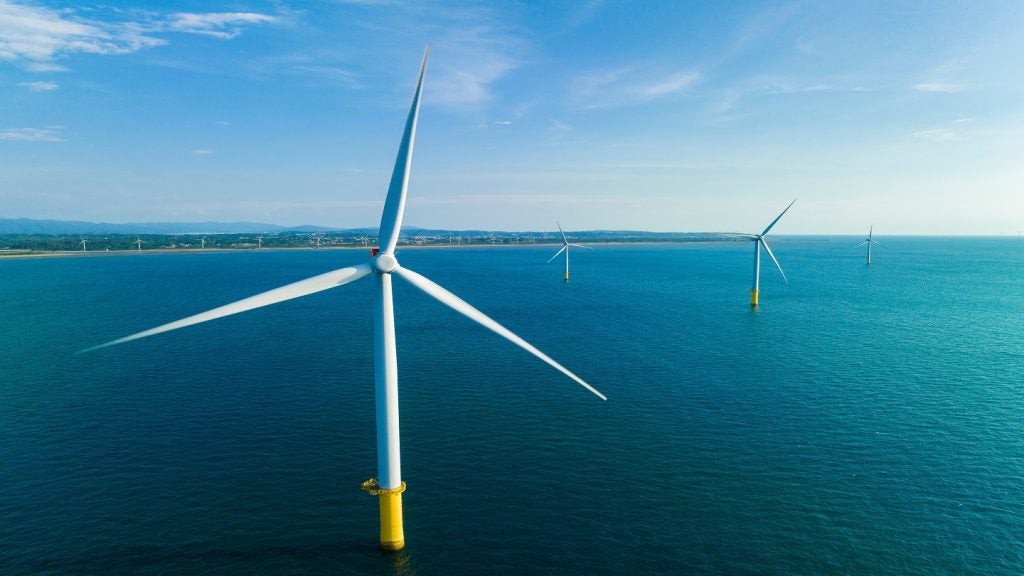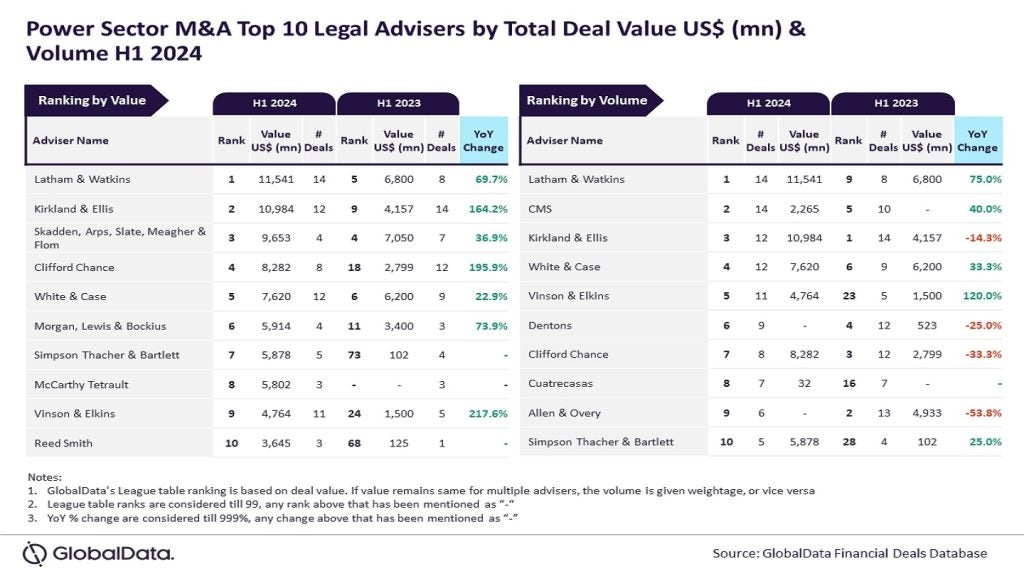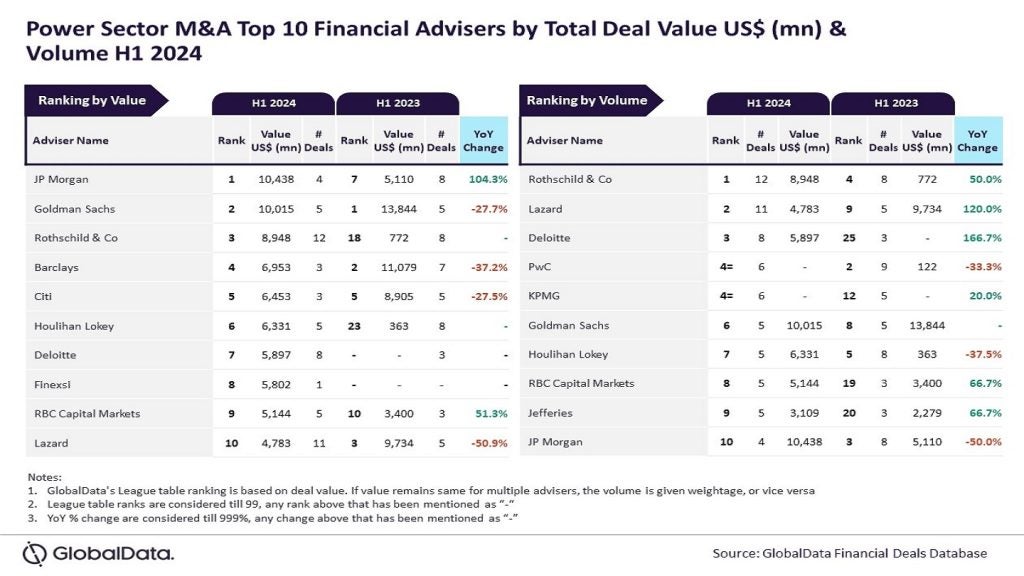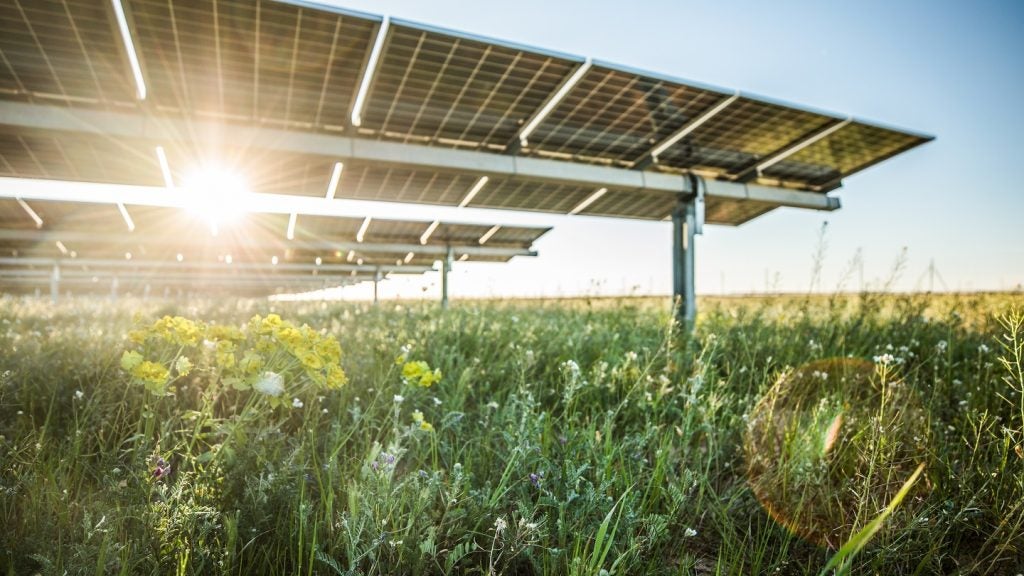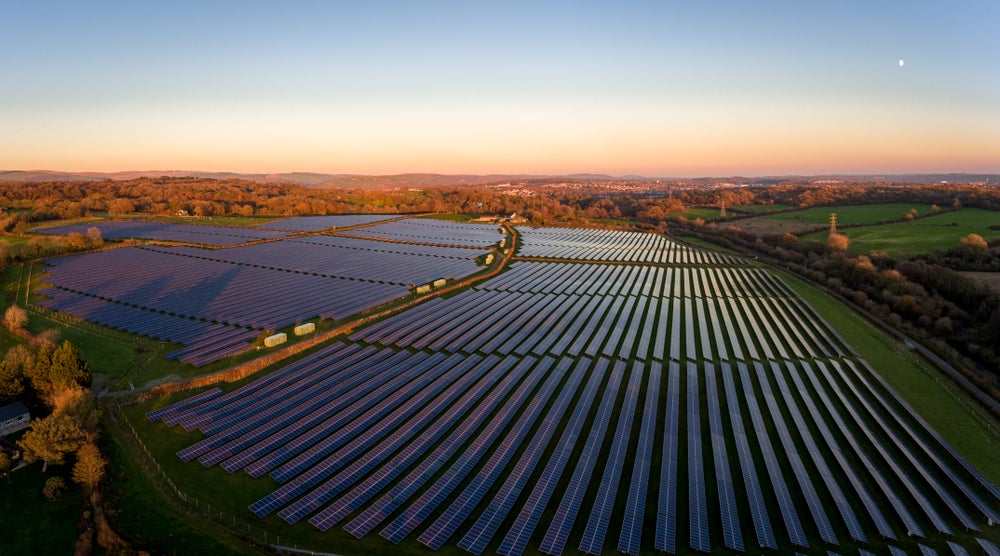
Renewable energy developer Sonnedix has begun construction on part of a 300MW portfolio of five solar farms in the UK.
Sonnedix acquired the portfolio, which comprises five separate ground-mounted solar PV farms across England, in December last year. Completion of all five sites is expected by early 2025 and will produce approximately 300 kilowatt-hours of electricity annually, the company said in a press release.
The projects are entirely contracted under the UK Government’s CfD scheme in allocation rounds AR4 and AR5, awarded in 2022 and 2023, respectively.
The five solar farms that will make up the portfolio are the Cowley Complex in County Durham, Gonerby Solar in Lincolnshire, Winkburn Solar Farm in Nottinghamshire, Gammaton Solar in north Devon and Lawns Solar in Lancashire. The sites will range in size from 20MW to 120MW and are being built by construction and engineering joint venture Ameresco Sunel Energy.
Axel Thiemann, CEO of Sonnedix, said: “Over half of total capacity awarded in this year’s CfD round was to solar projects, demonstrating the crucial role solar has to play in the UK’s transition to renewable energies… This will be a significant contributor of clean electricity, helping the UK meet its decarbonisation and energy security goals.”
News of successful government-contracted renewables projects will be welcome after the UK’s green credentials took several hits this year amid a series of controversial decisions from Prime Minister Rishi Sunak.
How well do you really know your competitors?
Access the most comprehensive Company Profiles on the market, powered by GlobalData. Save hours of research. Gain competitive edge.

Thank you!
Your download email will arrive shortly
Not ready to buy yet? Download a free sample
We are confident about the unique quality of our Company Profiles. However, we want you to make the most beneficial decision for your business, so we offer a free sample that you can download by submitting the below form
By GlobalDataIn September, Sunak announced plans to walk back on several of the country’s key net-zero targets, including the pushing back of bans on the sale of new combustion engine vehicles and the installation of traditional gas boilers in homes. Carmaker Ford warned Sunak at the time that the move would undermine the country’s transition to electric vehicles.
“Our business needs three things from the UK Government: ambition, commitment and consistency. A relaxation of 2030 would undermine all three,” Ford UK chair Lisa Brankin said. Other major automakers and battery producers have regularly criticised the government over its poor subsidy packages for clean technologies.
In April, AMTE Power, the UK’s last homegrown battery producer, said it was considering moving the site of its proposed battery gigafactory from Dundee in Scotland to the US to take advantage of green incentives offered by the Inflation Reduction Act. Just one month later, Stellantis, one of the world’s biggest carmakers, said that its operations in the UK could also be under threat due to Brexit trade tariffs.
Additionally, while the country’s last CfD round may have proved relatively successful for solar power, the UK’s flagship renewable energy source, offshore wind, received zero bids from investors in what commentators called a serious blow to Sunak’s net-zero credibility.



